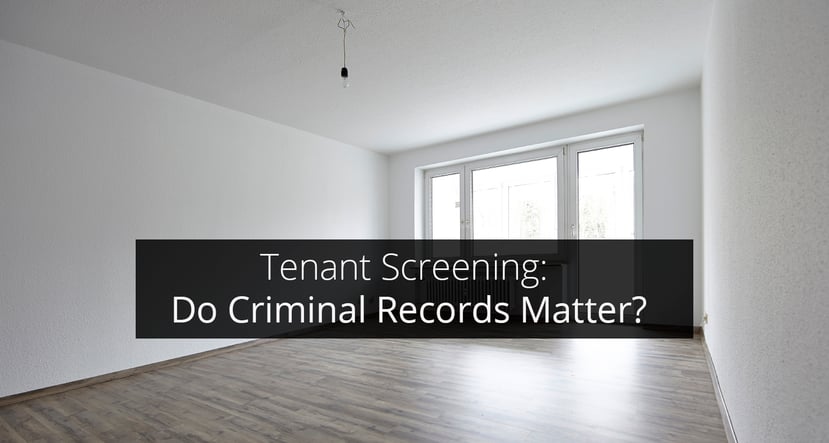
Update: As we focus on our core business of pre- and post-employment screening, the VeriFirst platform no longer supports Tenant Screening. For tenant screening services, please visit our partner page at TransUnion SmartMove. VeriFirst’s SmartMove partnership ensures Landlords and Property Managers will continue to gain access to flexible and affordable tenant screening.
As a landlord, single or multifamily property owner, you probably already have a process for screening potential tenants. Having a defined rental policy is as important as a prepared lease agreement. Property owners and managers must abide by the Fair Housing Act which protects tenants or property buyers from housing discrimination. Earlier this month, federal changes have mandated that property managers revisit rental policies regarding tenant screening and criminal background checks. Here's what you need to know.
The Fair Housing Act Defined
The United States Department of Housing and Urban Development (HUD) is the federal authority for enforcing the Fair Housing Act. The Act, originally passed in 1968 as part of the Civil Rights Act, prohibits the following:
- Refusing to sell or rent housing to a person based on color, race, religion, sex, or national origin
- Discriminating due to color, race, religion or national origin in the terms of the sale or rental
- Discriminating when advertising the sale or rental of housing based on color, race, religion, sex, or national origin
- Threatening or interfering with a person's housing rights based on discriminatory reasons or retaliating against a person or organization that aids fair housing rights.
Since being enacted, the Americans with Disabilities Act and other legislation has also added other discriminatory prohibitions including disabilities and familial status.
What to include in a Tenant Rental Screening Policy
Based on the dictates of the Fair Housing Act, and in order to avoid fair housing claims against them, landlords and property owners should have a clearly defined rental policy that establishes criteria for renting to a tenant. This criteria will include reasonable and non-discriminatory policies around applicant income, employment requirements and credit checks. The policy will list satisfactory identification requirements and the number of occupants allowed in particular properties. The rental policy will also list appropriate background checks and how to respond based on the findings in the reports.
On April 4, 2016, HUD issued new regulations with regards to criminal background checks.
Criminal background checks are one of many records that are reviewed during tenant screening. HUD has now mandated that applicants cannot be denied housing if an arrest record, without a conviction, shows up on a criminal background check.
HUD recommends that all rental policies be revisited to include this new language and also to establish which criminal record guidelines will determine housing eligibility and which will not. These new requirements leave the housing providers holding the burden of proof if they deny an applicant based on a criminal record.
Need Help with a Rental Screening Policy?
VeriFirst can specifically help property managers develop and adhere to recommended rental screening policy guidelines. These guidelines will help identify which convictions pass and which should fail, allowing you to have a knowlegable and experienced tenant screening partner on your side. Stay compliant and minimize the potential for landlord/tenant legal action by requesting more information on VeriFirst Tenant Screening Services. Click the button below to learn more.
